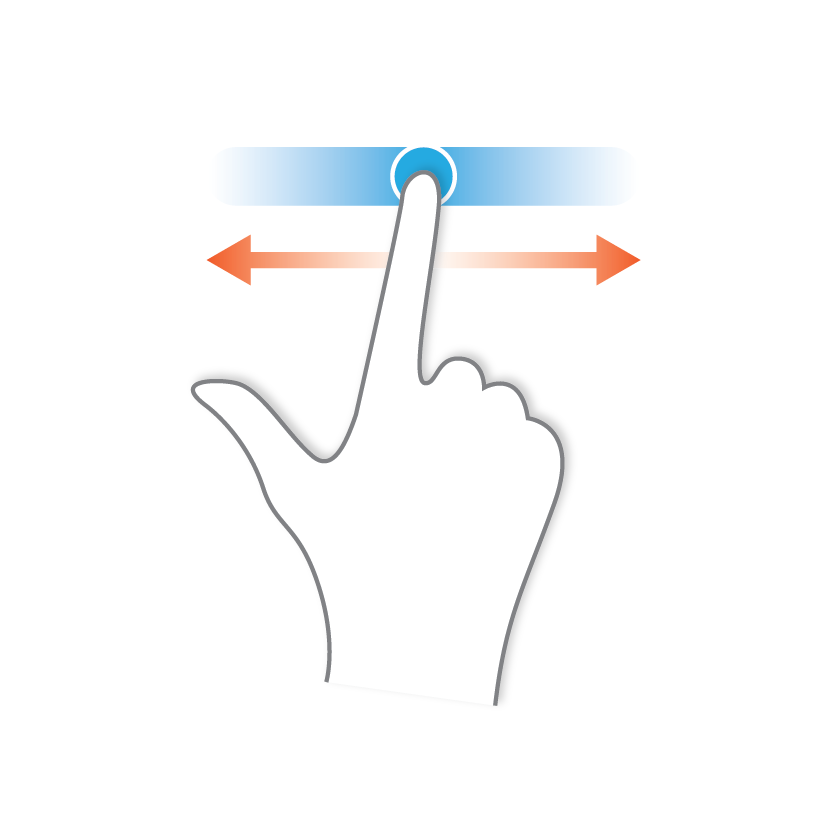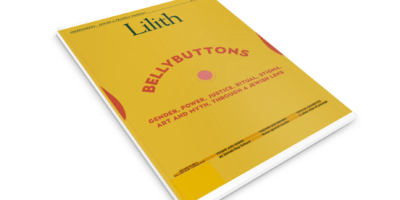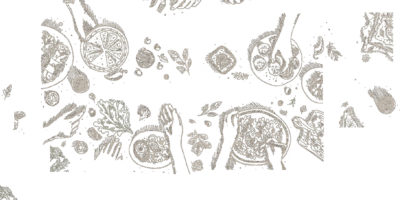
Swipe Right, Like a Prayer: On Online Dating After Divorce
“HOW DO YOU DO IT?” MY FRIENDS ASK. “How do you keep going on these dates that go nowhere, week after week, without losing your mind?”
“Easy,” I say. “With zero expectations that any of them will go anywhere.” In fact, I explain, to keep my sanity, I’ve begun to treat every date like a journalism assignment. Though my first app date with Gio went unusually well, I’ve since learned that going into any app date hoping love will blossom is like taking a pickaxe to pyrite and expecting gold. The trick is not only to anticipate the fool’s gold but to appreciate the luster and heft of each nugget. Then each date becomes an opportunity to bear witness both to the refraction of someone else’s light and to the weight of their burdens.
How do they weave their own particular narrative? What do they emphasize, and what do they leave out? Are they as forthcoming with their own missteps and failures as they are with their successes, or is every defeat the fault of another? So much can be learned from asking the simplest questions: Where did you grow up? What was your relationship with your parents like and how is it now? Do you have siblings? Are you close to them? If you could snap your fingers right now and do anything else or be living anywhere else, what and where would that be?
What’s keeping you from making that change and why?
My married friends like to help me swipe, which is fine by me, as I find that part of dating as tedious and soul-sucking as they find it titillating, but otherwise I refuse to swipe in public. It feels like a private act, meant for bathroom breaks or while spacing out on the couch after a child’s bedtime. One time, bored, I started swiping while in line for coffee, but when I happened to catch the eyes of the woman behind me, staring at my screen, it felt akin to having been caught masturbating in public.
I think of my hour or so of nightly swiping before falling asleep as a job but with different goals: love, not money; companionship, not collegiality; relaxation, not industriousness.
Swipe! I pretend I’m a casting agent, searching the slush pile. Swipe! A college admissions officer, filling a class. Swipe! An overpaid TV host, deciding who gets the golden buzzer. Swipe, swipe, swipe, swipe! Love’s in there, somewhere, I think, watching the dominoes falling off the screen one by one.
I’m not looking for nor do I believe in the concept of a bashert which is the word Jews use to describe that one perfect soul mate, out there in the ether, just waiting for me to find him and only him. But I do believe in the ability of dating apps to facilitate the search for a decent romantic partner who can one day grow into a mate for my soul, and I believe in the existence of multiple decent romantic partners for each of us seeking co- pilots, which is what I want: a best friend who smells good, has acceptable hygiene, makes my heart thump when I look at him, likes to have sex, loves me with the same combination of ferocity and gentleness as I love him, and treats me, as I treat him, with reverence, kindness, and empathy.
Rare, I know, and perhaps a MacGuffin in the still-unfolding narrative of my life, but I have to keep believing romantic love is possible. That this millstone of loneliness might one day be lifted. Even my ridiculously long computer password, during this period, bears the deadweight of my conditional tense concerns followed by my age: “WhatifLovewerereal?49.”
An American “epidemic of loneliness,” it’s being called, in research papers, the press, even on an official U.S. government website. Two in five Americans are unhappy with the relationships they do have. One in five Americans feels lonely and socially isolated. Loneliness, these researchers warn, is as lethal as smoking fifteen cigarettes a day; can lead to suicide, Alzheimer’s disease and other dementias; messes with our immune and cardiovascular systems, and more. Loneliness, in other words, is killing us.
So every night, like a bedtime prayer, I open my apps and swipe.
Deborah Copaken is a contributing writer at The Atlantic and the New York Times bestselling author of seven books, including Shutterbabe, The Red Book, and Ladyparts. Excerpted from Ladyparts, Copyright © 2021 by Deborah Copaken, All rights reserved. Published in the United States by Random House, an imprint and division of Penguin Random House LLC, New York.





